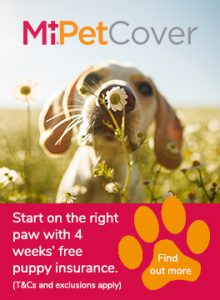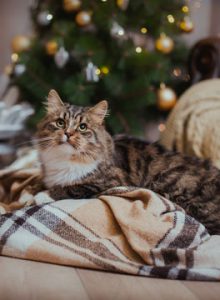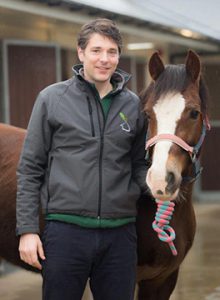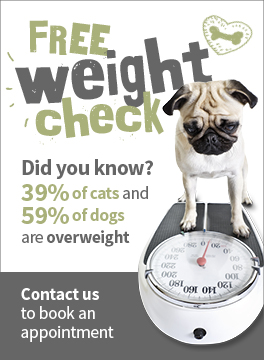 Did you know that antimicrobial resistance (AMR) is a world-wide health threat, as bacteria are becoming resistant to many antibiotics that we use in human and veterinary medicine?
Did you know that antimicrobial resistance (AMR) is a world-wide health threat, as bacteria are becoming resistant to many antibiotics that we use in human and veterinary medicine?
Antibiotics are an essential treatment for many conditions in humans and our horses, so we must use antibiotics with care and dispose of them safely to keep them working when we need them.
Safe Disposal
Did you know that the safest way to dispose of your horse’s unused antibiotics is to return them to your veterinary surgery?
Throughout November 2022, we are holding a Veterinary Antibiotic Amnesty. Please check your cupboards for any unused or partially used antibiotic medicines, including any out of date, and return them to us for safe disposal by 30th November 2022.
For those who are able to, please complete a short survey to tell us how you dispose of antibiotics. Please click on the link or the QR code: rumacae.org.uk/antibioticamnesty/

What’s the risk of re-using antibiotics?
A third of people hold onto their own unused antibiotics for potential future reuse (either for themselves or friends and family) and horse owners may similarly store unused antibiotics for their horses.
We all want to make our horses feel better when they are unwell. However, re-using antibiotics in your horse or other horses for a recurring condition, or similar or different symptoms, poses a greater risk of AMR spreading or emerging. Antibiotics for your horses should only be administered under the advice and direction of your veterinary surgeon.
Why are we asking for your help?
Disposing of unused antibiotics (human and veterinary) down toilets and sinks – and even in household waste – can contribute to environmental contamination; traces of antibiotics have been detected in rivers throughout the UK and in all four inhabited continents of the world. A recent Beach-Bum survey found that surfers were three times more likely to be carrying an antibiotic resistant E. coli in their gut than non-surfers.
We care about our environment and thank you for helping to keep all of us and our horses and our environment healthy and safe.


 Coming home with a mini meower or boundless pup will offer you many precious moments with plenty of cuddles and fun. But kittens and puppies are a curious bunch and can sometimes find themselves in tricky situations, meaning a visit to the vets can come sooner than you’d expect.
Coming home with a mini meower or boundless pup will offer you many precious moments with plenty of cuddles and fun. But kittens and puppies are a curious bunch and can sometimes find themselves in tricky situations, meaning a visit to the vets can come sooner than you’d expect. Christmas is always a busy time, and with people, food and decorations everywhere sometimes our pets get up to things that aren’t always good for them. Read on and you will discover how to avoid some of the hazards that can befall our pets around the festive season.
Christmas is always a busy time, and with people, food and decorations everywhere sometimes our pets get up to things that aren’t always good for them. Read on and you will discover how to avoid some of the hazards that can befall our pets around the festive season. Oaklands are pleased to announce the arrival of our new Clinical Director and Consultant Surgeon, Tom Witte.
Oaklands are pleased to announce the arrival of our new Clinical Director and Consultant Surgeon, Tom Witte. At Oaklands Veterinary Centre, our goal is to help you keep your pets happy and healthy. This is why we’re offering your pet a FREE weight check between 9
At Oaklands Veterinary Centre, our goal is to help you keep your pets happy and healthy. This is why we’re offering your pet a FREE weight check between 9
